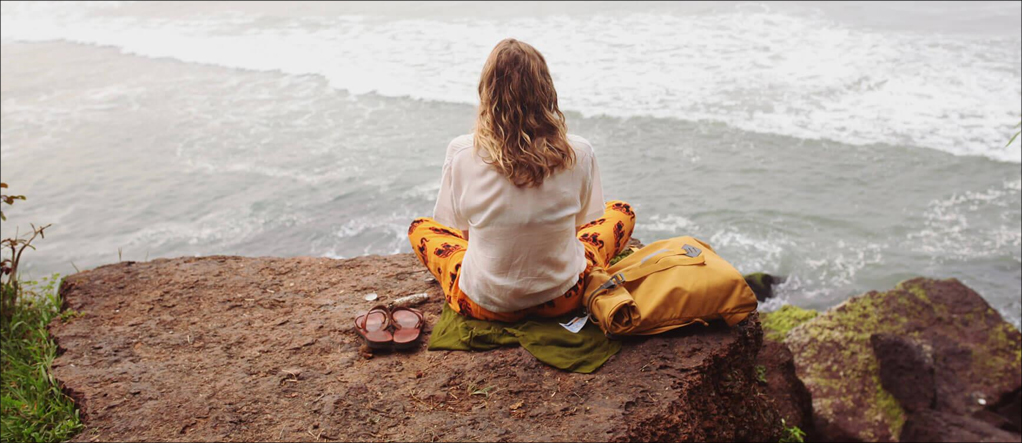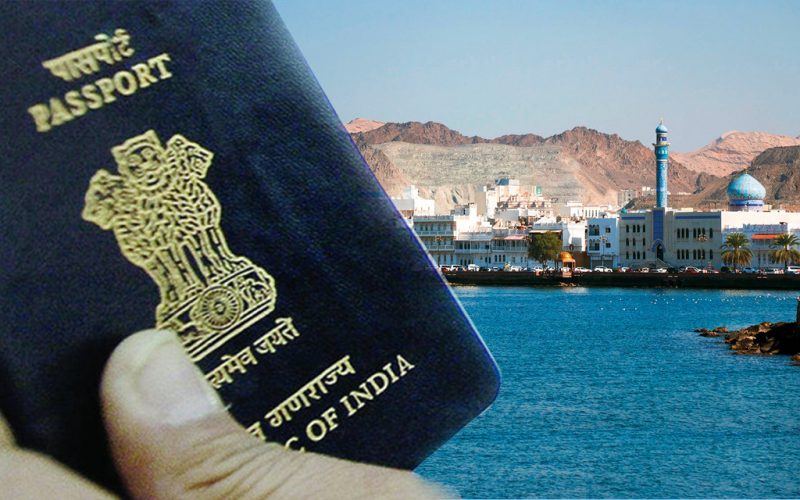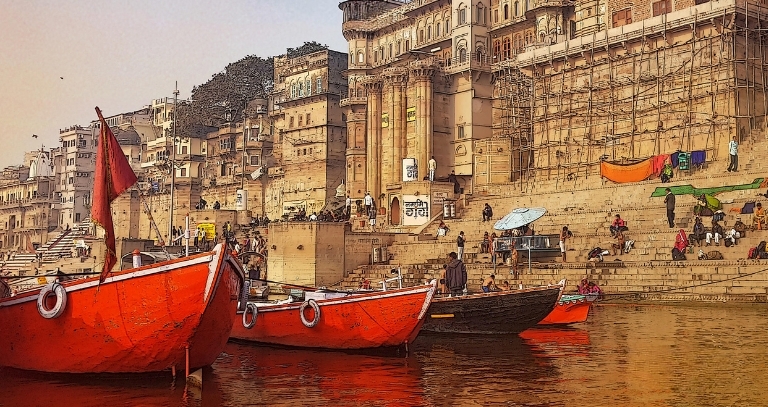People have long admired India for its spiritual depth, diverse cultures, and rich heritage, which therefore attracts travelers from around the world seeking adventure, enlightenment, and new experiences. Moreover, India offers more than temples, festivals, and historical sites—it is a vibrant country where customs and traditions actively shape daily life. Consequently, whether you visit for the first time or return for another journey, understanding Indian customs can help you enjoy a smoother, more respectful, and ultimately richer experience.
Respect Names and Titles Indian customs
When you meet people in India, always remember that titles and surnames carry great importance. Instead of calling someone by their first name right away, politely ask if it is acceptable. Calling someone by their first name without permission can seem impolite, especially during formal introductions. However, family members or close friends freely use first names, so context matters.
Temple and Religious Etiquette Indian customs
India hosts temples, gurudwaras, churches, and mosques, each with its own etiquette. For example, people consider feet impure, so visitors remove their shoes before entering sacred spaces. In gurudwaras, you also wash your feet and cover your head with a small cloth to show respect. Similarly, following local practices inside temples demonstrates reverence and helps you connect with the spiritual energy of the place.
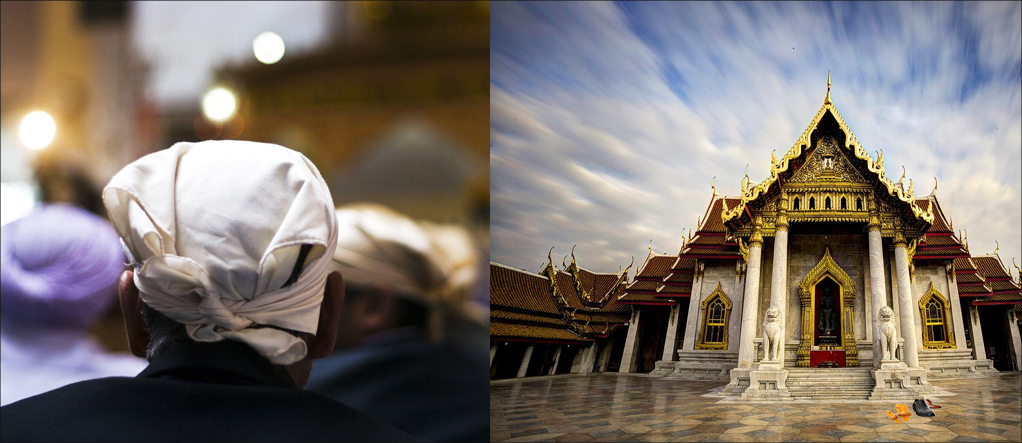
Eating with Your Hands Indian customs
In India, people eat with their hands as a cultural tradition that has lasted for centuries. Beyond practicality, many believe it enhances digestion and fosters a closer connection with the food. Ayurveda teaches that eating with hands encourages mindfulness, letting you savor flavors while nourishing both body and mind. Although restaurants commonly use forks and spoons, embracing this tradition in local households can enrich your cultural experience.
Public Behavior and Affection Indian customs
India follows a conservative culture, so people generally frown upon public displays of affection. Even though couples can hold hands, kissing or hugging in public often attracts stares or disapproval. This cultural norm matters especially in smaller towns and rural areas, while metropolitan cities tend to be slightly more lenient.
Dressing Respectfully
Female travelers, in particular, should wear modest clothing in most parts of India. Loose-fitting clothes that cover shoulders and knees are recommended, as revealing attire can draw unwanted attention. Although fashion trends are evolving in urban areas, dressing respectfully helps ensure comfort and safety while exploring the country.
Handling Invitations and Requests
In India, blunt refusals can seem rude. Instead of saying “No” outright, use softer language such as, “I don’t think it will be possible for me.” This approach shows politeness, respects the other person’s feelings, and is especially helpful in business or social interactions.
Intrusive Questions
You may encounter curious locals who ask personal questions, such as your name, origin, or travel plans. While these inquiries often stem from genuine interest, exercise caution. Avoid sharing valuables or overly personal information, and interact with curiosity but awareness. Indian customs
Women Travelers and Safety
Female travelers may occasionally feel uneasy due to lingering stares or attention. While this is not common everywhere, being mentally prepared helps maintain confidence and composure. Traveling in groups or hiring trusted guides can also increase comfort in unfamiliar areas.
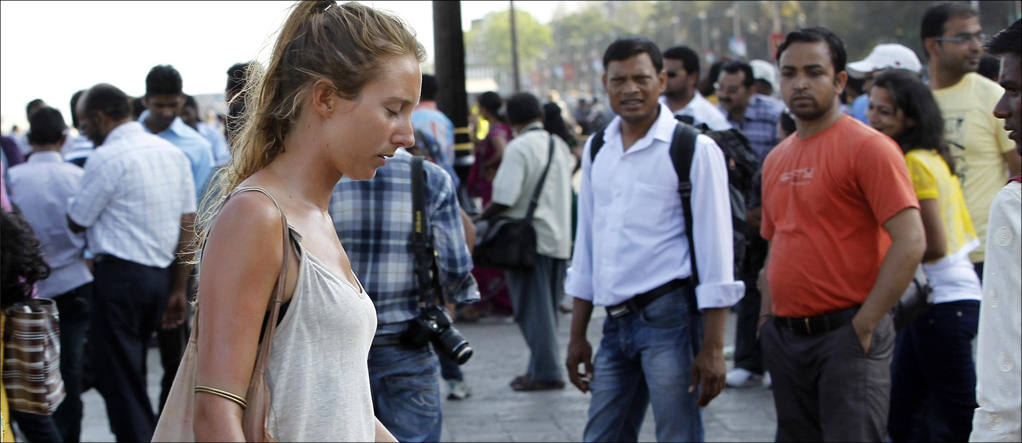
Rural Encounters
In less-touristy rural regions, locals may gather around to observe and interact with travelers. These encounters are often friendly, providing opportunities to learn about local life, yet staying alert is essential. Engage respectfully, but always maintain personal safety.
Avoid Judging the Whole Country
Indian customs Finally, remember that India is vast and diverse. Your experiences may vary greatly depending on the region, city, or village you visit. A single negative encounter does not define the entire country. Embrace curiosity, respect local customs, and keep an open mind—India’s true magic is revealed through exploration and understanding.
India’s culture is a mosaic of traditions, religions, and languages, which change from region to region. Following simple customs, dressing appropriately, respecting etiquette, and maintaining mindfulness will help you enjoy a smooth and memorable journey. After all, in India, expect the unexpected and enjoy the adventure fully!
There are many places which does not have much tourists and people are not used to watching travelers. If you are travelling to such places, you might be hounded by people. People might gather around and try to talk. Well, this generally happens in rural areas. It’s okay to have fun and share laughs but be cautious and alert.
